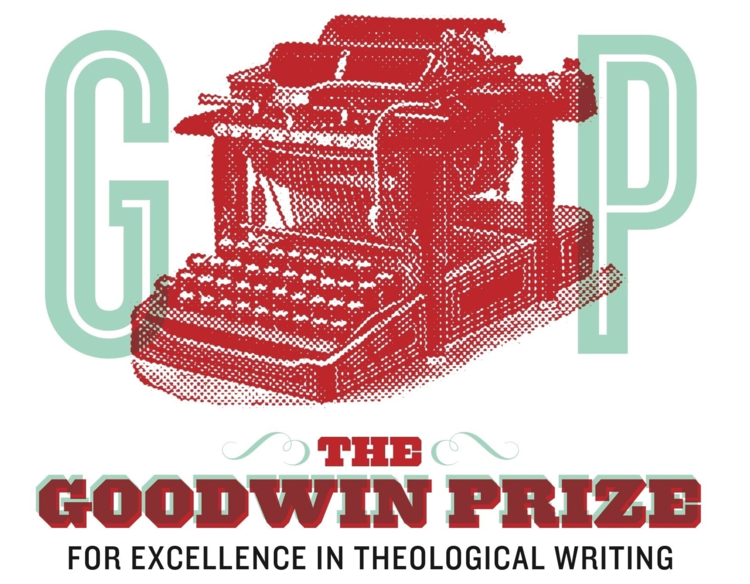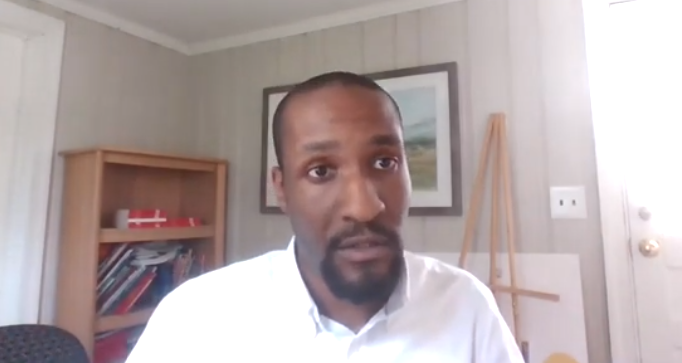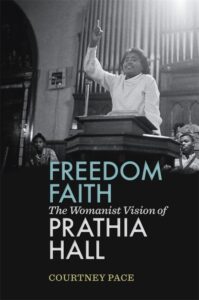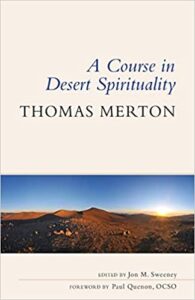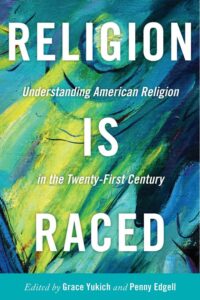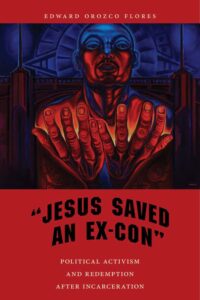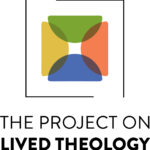 12 Civil Rights Movement Resources for the Present Age
12 Civil Rights Movement Resources for the Present Age
The Project on Lived Theology is exploring how the civil rights movement provides us with lessons from history as we face the seemingly insurmountable challenges of today, from living during a pandemic to coming to terms with white supremacy and racial injustice. Below is just a sample of some of the video, audio, and text found on our website. If you’d like to receive email from us with content and announcements like this resources list, sign up here.
John Lewis, “1993 Interview with Charles Marsh, Part 1″
In November 1993, Charles Marsh, director of The Project on Lived Theology, interviewed the legendary civil rights hero John Lewis. During the conversation, Lewis touched on many topics, including his religious upbringing; the first time he heard Martin Luther King, Jr. speak; and Freedom Summer of 1964.
Read the interview here.
Nathan Walton, “Martin Luther King, Jr. and the Witness of the Black Freedom Church”
How did Martin Luther King, Jr. become Martin Luther King, Jr.? How should we understand him in terms of history and today’s conversations around social justice? Nathan Walton, executive director of Abundant Life Ministries, explored these questions and more during a Zoom discussion, on Sept. 16, with University of Virginia students.
Watch the video here.
Listen to the audio here.
Victoria Gray Adams and Bob Moses, “Civil Rights as Theological Drama”
Adams shares her personal story and experience during the civil rights movement and the role her faith played. Moses reads a story he wrote about some of the people he knew in the movement, including Ella Baker and Fannie Lou Hamer.
Watch the video here.
Read the transcript here.
Mrs. Johnnie Carr and Fred Gray, “Montgomery Bus Boycott”
Carr and Gray focus on their recollections of the events surrounding the Montgomery Bus Boycott. Carr succeeded Martin Luther King, Jr. as president of the Montgomery Improvement Association (MIA) in 1967. Gray is the attorney who defended Rosa Parks and the MIA.
Watch the video here.
Nichole M. Flores, “We Who Believe in Freedom: Ella Baker’s Creed”
Flores shares her research and reflections on Ella Baker, a civil rights activist and organizer whose work in the civil rights movement focused on empowering the poor and the young. Flores discusses how Baker’s work paved the way for Black Lives Matter and the broader movement for black lives.
Listen to the Can I Get a Witness podcast episode here.
Learn more about Can I Get a Witness here.
Larycia Hawkins, “Bearing the Cross in the Age of Donald J. Trump”
Utilizing the prophetic guidance of civil rights leader Martin Luther King, Jr. to address the politics of Trump’s America, Hawkins breaks down the prerequisites of cross bearing to body work, soul work, and foot work, calling us all to embodied solidarity and the civil courage to pursue a committed activism.
Listen to the audio here.
Ed King, “A White Southerner in the Civil Rights Movement”
A young adult amidst the tumultuous events of the civil rights movement, King reflects on his personal experiences with faith and politics in the fight for racial equality.
Watch the video here.
Peter Slade, “Open Friendship in a Closed Society: Racial Reconciliation in Mississippi after the Civil Rights Movement”
Slade delves into the responses of white Protestant churches to issues of race and the churches’ support of white supremacy.
Watch the video here.
Listen to the audio here.
Soong-Chan Rah, “Whatever Happened to Racial Reconciliation? The Future of a White Evangelical Obsession”
Rah takes issue with the way in which “white” and “evangelical” have become synonymous. He attempts to redefine “evangelical” and explore what it means for racial reconciliation.
Listen to the audio here.
John M. Perkins, “Has the Dream Become a Nightmare? Prospects for Reconciliation in the Wake of the New Racism”
Perkins emphasizes that Christians need to realize that they have been given a Biblical reconciliation in which racism has no place. Peacebuilding comes from having conversations together to understand the implications of this truth.
Watch the video here.
Donyelle McCray, “Solomon’s Son: The Wise Tenderness of Howard Thurman”
McCray discusses Howard Thurman, civil rights leader, preacher, writer, mystic, and thinker, who was a mentor to Martin Luther King, Jr. and the founder of the Church for the Fellowship of All Peoples. McCray focuses on Thurman’s tenderness: how his mother and grandmother contributed to that tenderness, how Thurman himself cultivated it, and how his tenderness enabled his compassionate, connected ministry in the world.
Listen to the Can I Get a Witness podcast episode here.
Learn more about Can I Get a Witness here.
Charles Marsh, “’Better than Church’: The Civil Rights Movement and Religionless Christianity”
As part of the 2018 William Porcher DeBose Lecture Series, Marsh explores the theology of the civil rights movement, drawing on stories of Fannie Lou Hamer; Martin Luther King, Jr.; members of SNCC; and other pivotal figures.
Watch the video here.
The Project on Lived Theology at the University of Virginia is a research initiative, whose mission is to study the social consequences of theological ideas for the sake of a more just and compassionate world.
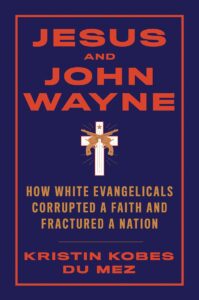 How White Evangelicals Corrupted a Faith and Fractured a Nation
How White Evangelicals Corrupted a Faith and Fractured a Nation

